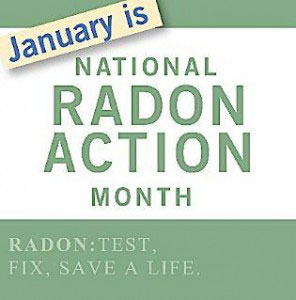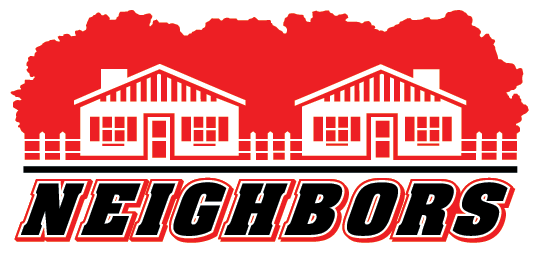24/7 Emergency Services Available!

National Radon Action Month
 The EPA has designated January as National Radon Action Month. So what exactly is radon and why should you take action against it?
The EPA has designated January as National Radon Action Month. So what exactly is radon and why should you take action against it?
Radon is a naturally-occurring radioactive gas that you can’t see, smell, or taste. It can creep into your home through cracks in the walls, foundation, and floors; gaps in flooring; fireplaces and furnaces; exterior air vents; and more. If inhaled into the lungs, radon and damage the DNA, potentially increasing the risk of lung cancer. In fact, radon is the leading cause of lung cancer deaths among non-smokers in the U.S. According to the EPA, an estimated 21,000 Americans die each year from radon-related lung cancer.
One of the best ways to protect yourself from radon is to test your home, school, or business. Read on to find out more about radon testing.
Testing for Radon
Radon is found outdoors in low levels, so everyone is exposed to it at some point. However, it’s significantly more dangerous inside homes because it’s confined and therefore concentrated at much higher levels. The EPA and the U.S. Surgeon General recommend that all homes in the U.S. be tested for radon.
Fortunately, testing is easy and inexpensive. At-home kits are available at many hardware stores. Make sure you get one that is labeled “Meets EPA Requirements.” You can start with a short-term test (usually two-day) home kit; you send the sample off for analysis and results are mailed to you within a few weeks. You can also do long-term testing; this measures air quality over a period of around 90 days, which gives you a more accurate picture of radon levels in your home because they can fluctuate frequently. Long-term tests can also be done with a home kit.
Make sure to follow all the test instructions carefully. Short-term and long-term tests can be performed simultaneously.
Neighbors Heating and Cooling, located in Ames, Iowa, provides free short term radon test kits and radon mitigation. Their services are especially important in Iowa, which has some of the highest radon levels in the U.S. Neighbors can assess your home’s radon situation and provide you with the necessary information so you can choose the right course of action for you.
